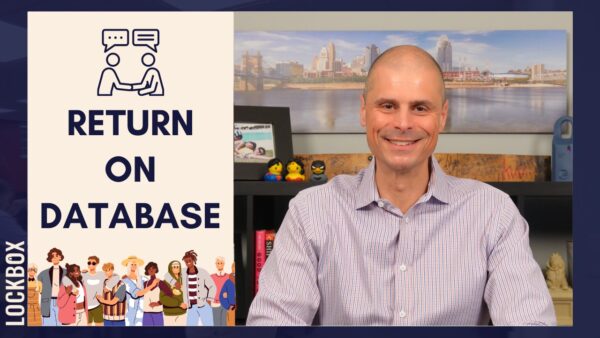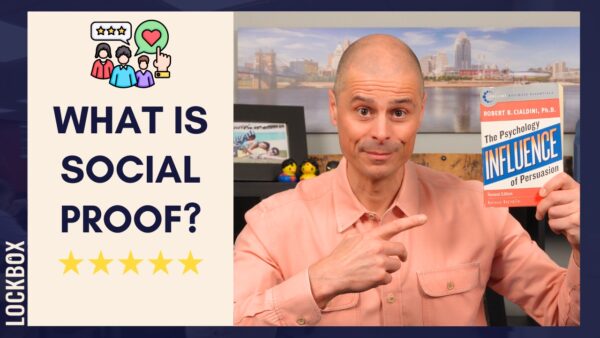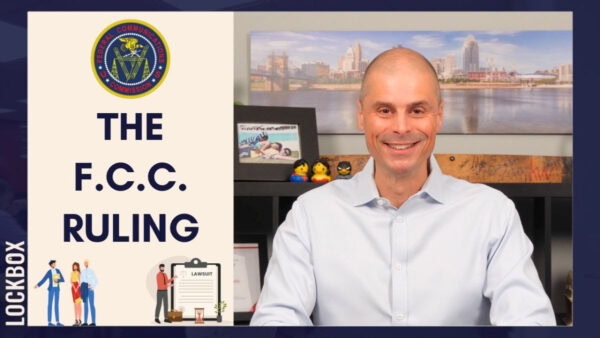Unemployment: A Crash Course for Realtors

Hello Realtor friends, it’s time for another blog post designed to empower you with knowledge about leads, listings, and leadership. Today we are going to demystify the economic term ‘unemployment,’ and learn why we should care about it as Realtors. I’ve spent a considerable portion of my career being a student about the economic drivers of our industry, and today, we dive into the significance of ‘Unemployment’.
Yes, as Realtors, we do care about unemployment. You may ask, “Why does it matter?” I can’t emphasize enough that understanding the economic landscape is crucial for our profession. Our ability to converse competently and confidently about these issues aids in converting prospects at a higher rate. It also helps us earn trust and referrals swiftly from our sphere of influence. Finally, understanding the drivers of our industry and where we stand in relation to them gives us a better ‘line of sight’ on what’s going to happen next in the economy … and preapre our businesses and our clients for it!
What is Unemployment?
At its core, an unemployed individual is simply defined as someone without a job that is actively looking for a job. So ‘Unemployment’ is simply the aggregate number of people not working that are actively looking to work.
A common misconception is that the ideal unemployment rate is 0%, signifying full employment. However, the reality is more nuanced. The federal government considers a healthy unemployment rate to lie between 5% and 6%. This margin allows for fluid turnover in the job market and keeps the economy flexible.
You might ask, “What happens when the unemployment rate exceeds or falls below this margin?” If it’s more than 6%, it implies that not enough people are finding the work that they need to pay their bills. This means there aren’t enough jobs for all the people looking for jobs. That’s bad: less people earning money means less people spending money, which means GDP starts to contract. It becomes a downward spiral. Conversely, if less than 5% of the working population is unemployed, then employers start paying high salaries to attract scarce talent. This fuels inflation, which can be a dangerous economic event. We’ll learn more about that in next week’s post.
What is Unemployment Like Today?
Currently, we find ourselves in the latter situation: over-employment. With an unemployment rate of 3.5%, the lowest in 50 years, companies are vying for talent and raising salaries to be more competitive.
While this puts inflationary pressure on the economy, it also has an interesting counterbalancing effect. The increasing salaries mean more disposable income and purchasing power for potential homebuyers. It’s one of the key factors sustaining our market and the overall economy right now. As we witness economic uncertainties, this low unemployment rate, somewhat paradoxically, acts as an anchor of stability.
To give you a clearer picture, recall how we discussed GDP as the first factor driving our industry in our last session (Missed it? Here’s your GDP Crash Course). The second economic factor that drives our industry is Unemployment. Growing GDP corresponds with a robust economy and growth in demand for housing. Low Unemployment corresponds with a robust economy and growth in demand for housing. Interestingly, either of these factors, if they increase too quickly, can lead to economic stress, in the form of inflation.
Unemployment, The Housing Industry, and Lead Conversion
So, what does this mean for us as Realtors? Knowledge about these dynamics helps us predict housing market trends more accurately and better advise our clients. When the economy faces low unemployment and wages are high, we can expect a stronger housing market, making it an ideal time for sellers.
However, let’s also note that these dynamics can change quickly, and therefore, being informed is the key. While we relish the stability this low unemployment rate brings, we should also be prepared for the challenges it poses, such as growing inflation.
Next month, we’ll tackle the ‘hot potato’ of economic news over the past year: Inflation. We’ll define what it is and its impact on the real estate market. Until then, remember, understanding the economic drivers of our industry differentiates you from your competition and also empowers you to see further out on the horizon and prepare for what’s coming next in our economy.
Let’s unlock your opportunities.












